




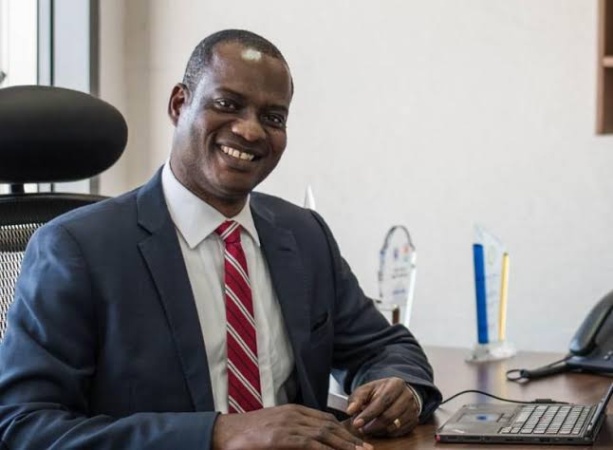


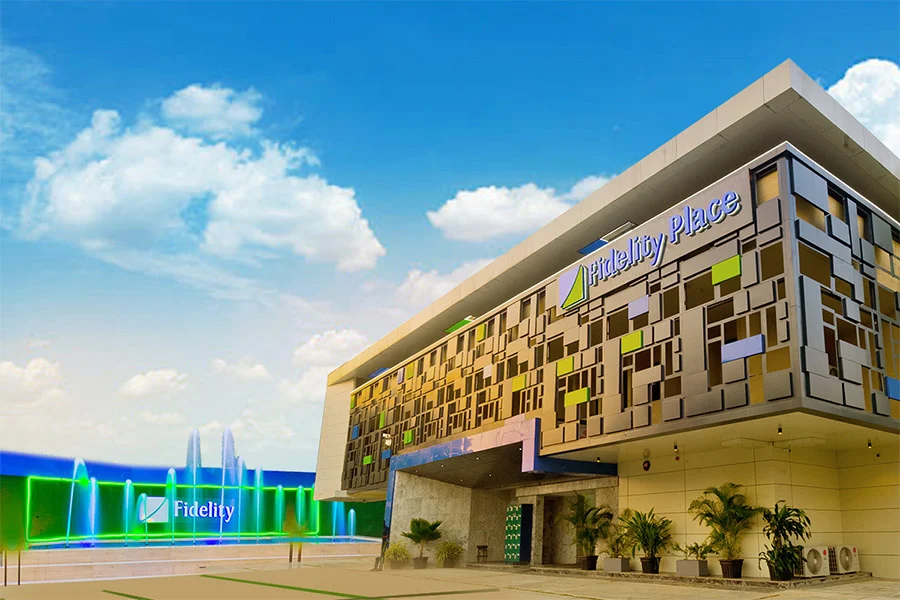
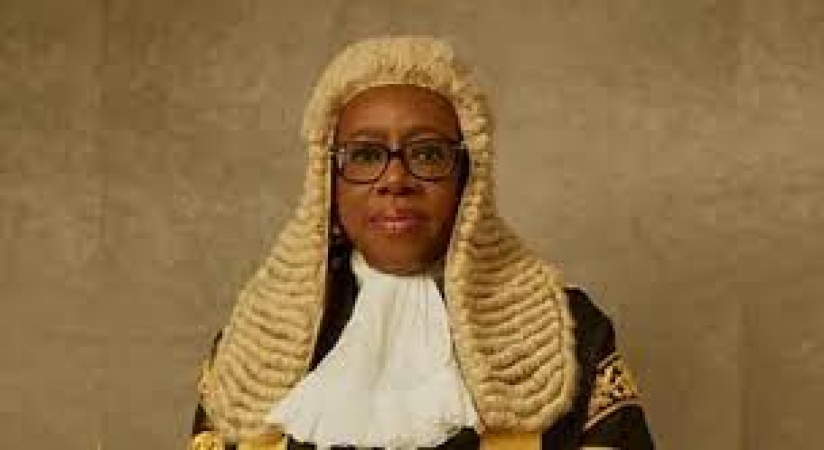
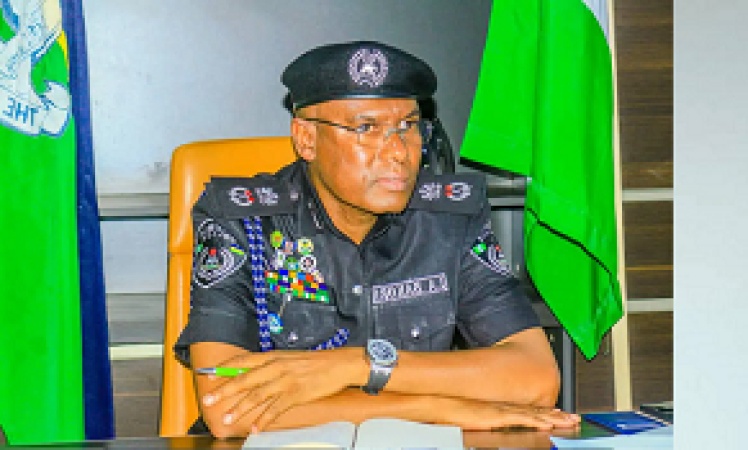
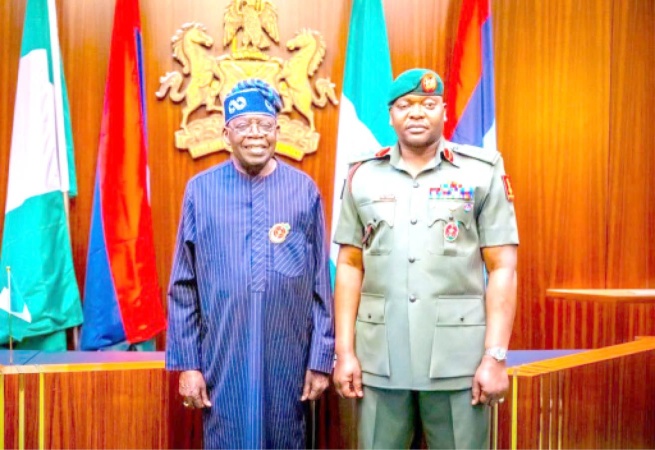

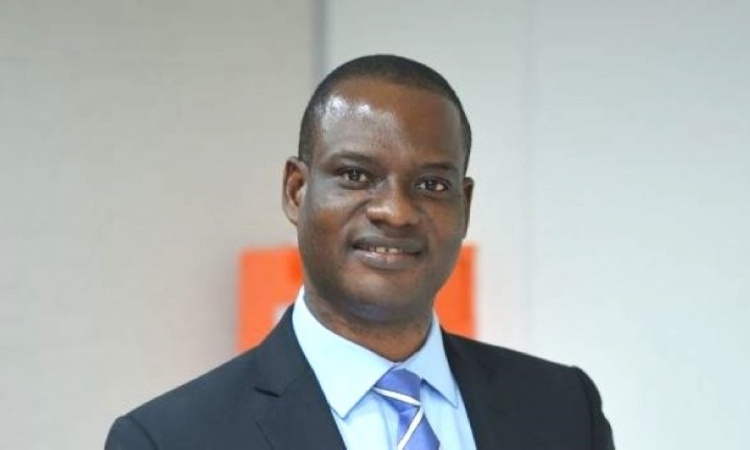
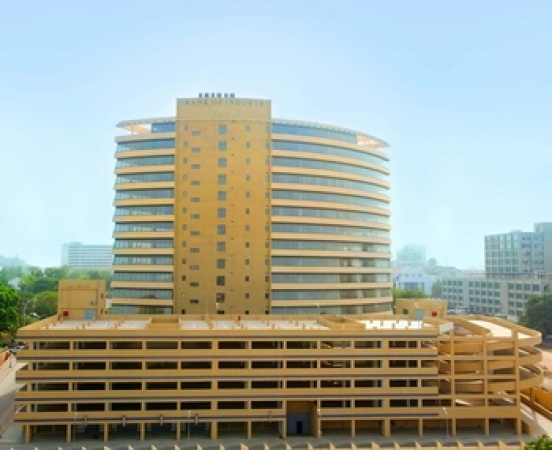
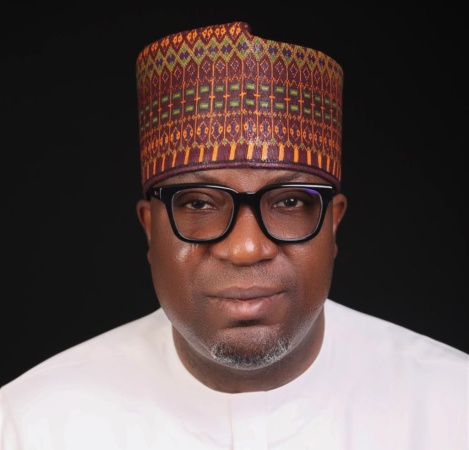
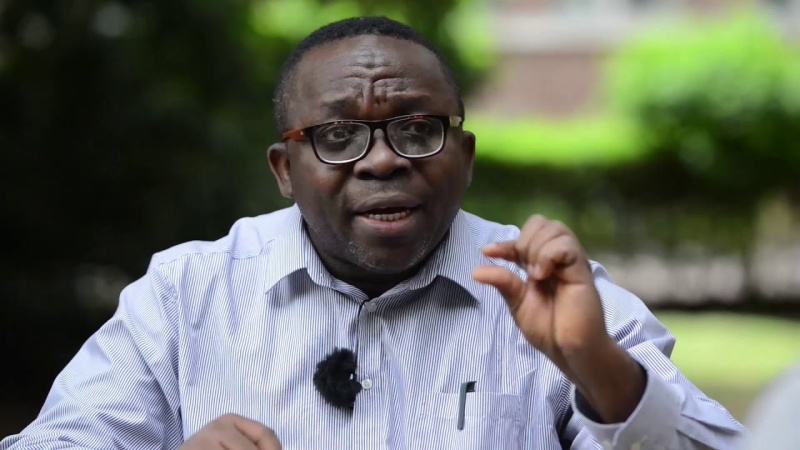
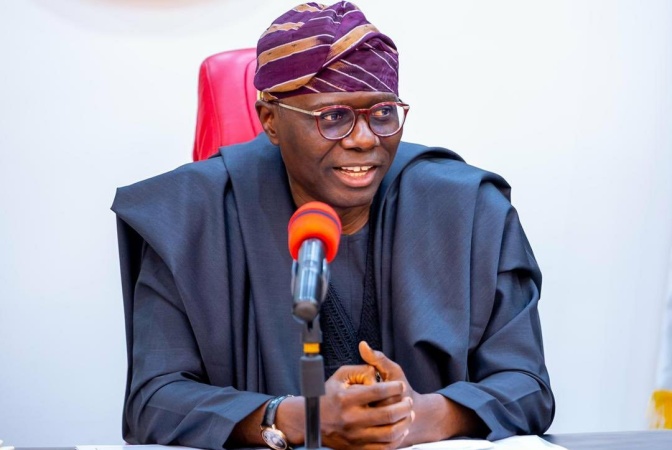
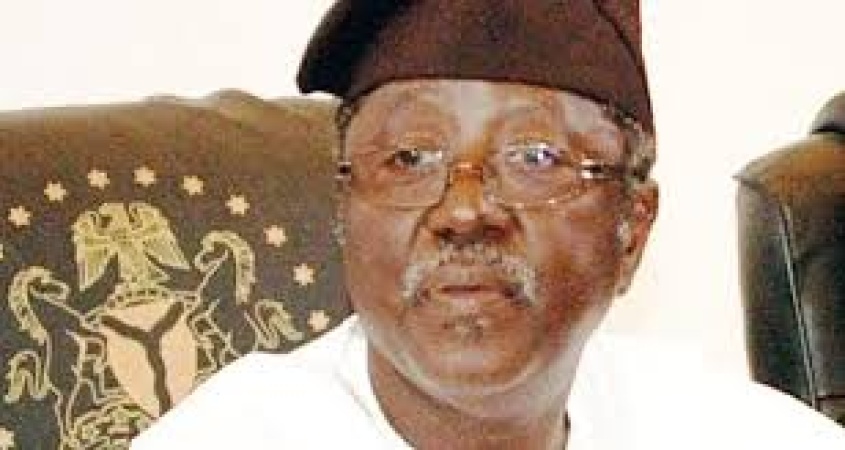
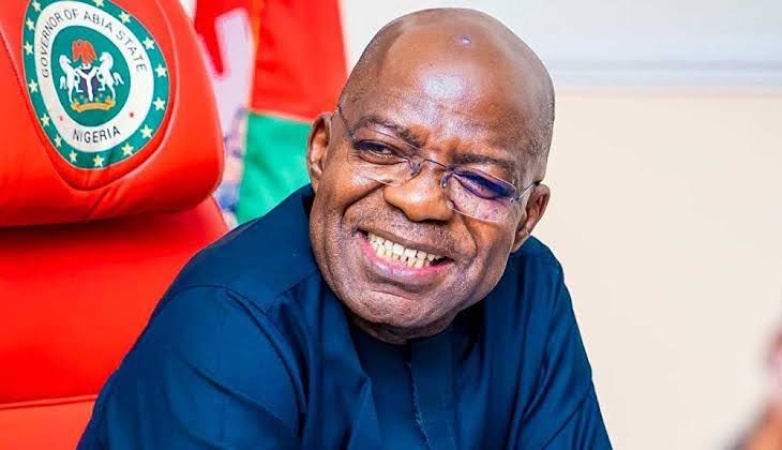
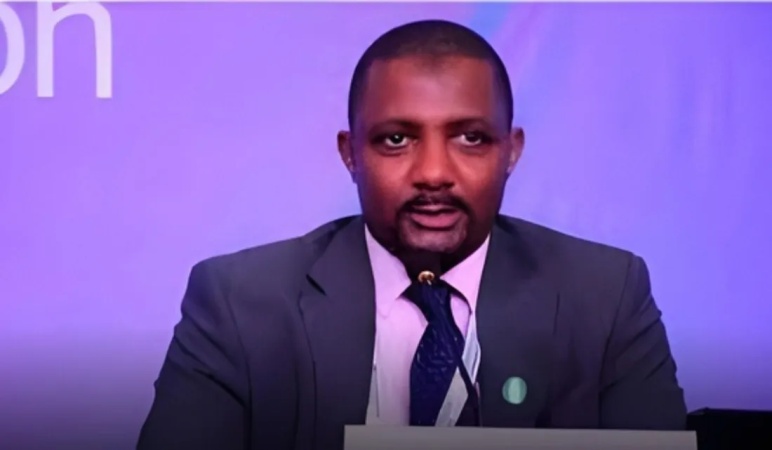
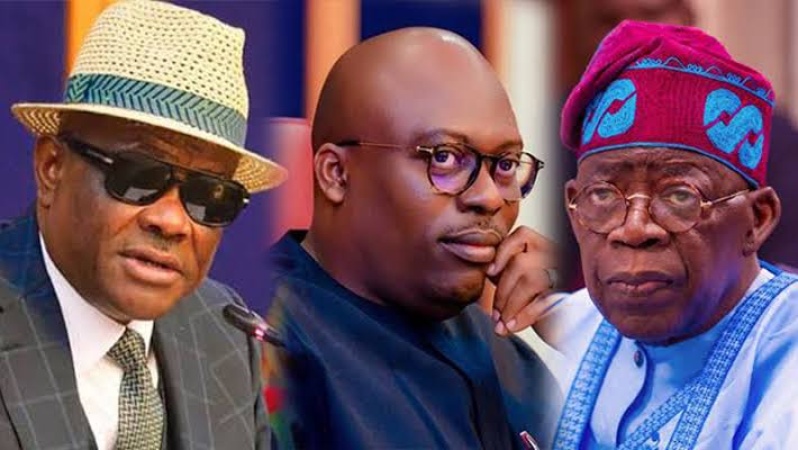
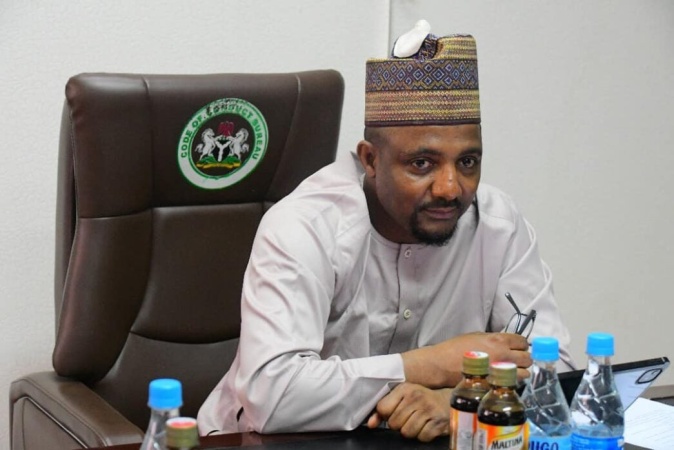

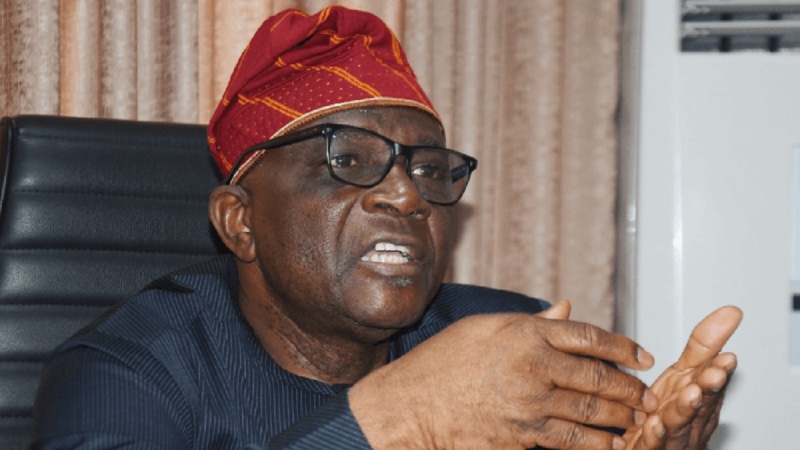
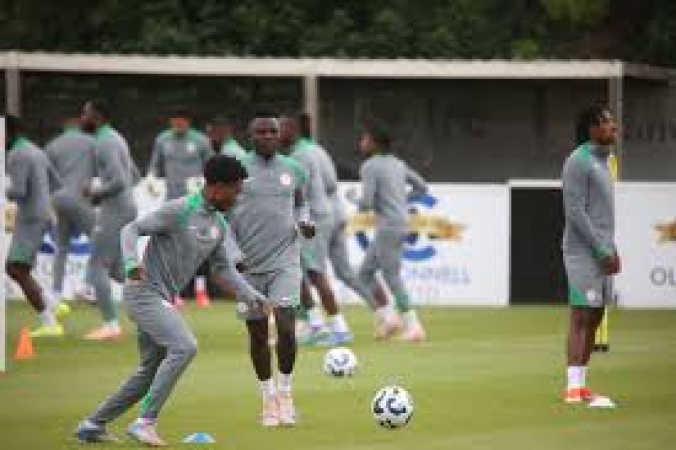


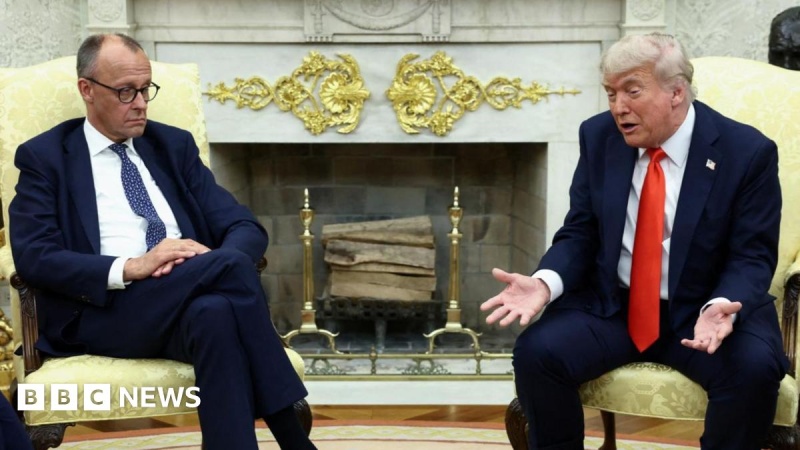

Loading banners


NEWS EXPRESS is Nigeria’s leading online newspaper. Published by Africa’s international award-winning journalist, Mr. Isaac Umunna, NEWS EXPRESS is Nigeria’s first truly professional online daily newspaper. It is published from Lagos, Nigeria’s economic and media hub, and has a provision for occasional special print editions. Thanks to our vast network of sources and dedicated team of professional journalists and contributors spread across Nigeria and overseas, NEWS EXPRESS has become synonymous with newsbreaks and exclusive stories from around the world.
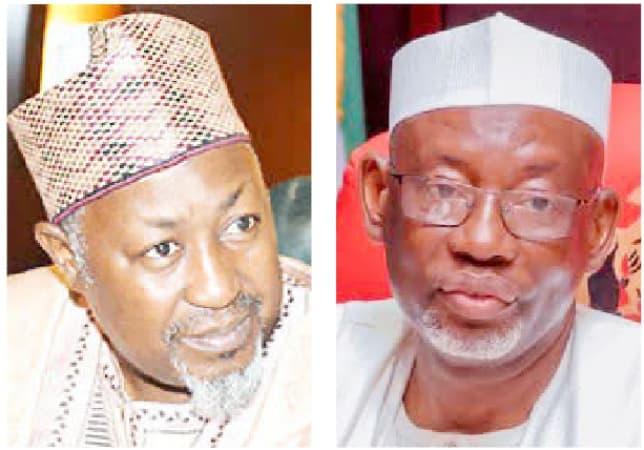
Badaru and Danmodi
The All Progressives Congress (APC) in Jigawa State is grappling with a growing internal crisis, stemming from a heated battle for supremacy and control between loyalists of the Minister of Defence, Mohammed Abubakar Badaru, and Governor Umar Namadi Danmodi.
Jigawa, previously known for its relatively stable political climate, is now caught in a simmering conflict that threatens to destabilise the ruling party and governance.
Observers warn that if the rift remains unresolved, the APC risks opening the door for opposition parties to gain ground, a development that could prove costly for the party?s dominance in the state.
Roots of the crisis
The tension between the two leaders began to manifest after Danmodi succeeded Badaru. He had served as Jigawa?s governor for eight years. Once viewed as Badaru?s loyal lieutenant, Danmodi is now locked In a fierce struggle for control over the party and governance in the state
Findings revealed that Danmodi?s administration is populated by key Badaru loyalists occupying sensitive positions, including the deputy governor, several commissioners, and advisers. Most of the state assembly members also align with Badaru, while the speaker is an associate of the governor. This situation has left Danmodi in a precarious position, prompting him to take steps to assert his authority and consolidate power.
A significant turning point came during the recent local government elections. The newly elected chairpersons are reportedly all loyal to Danmodi, marking a shift in the power dynamics. By securing grassroots control through the local government structure, Danmodi has strengthened his position, even as Badaru retains influence in governance through his loyalists in the legislature and executive.
The conflict has also spilt into the ranks of the APC?s youth wing. Late last year, a youth group within the party called on President Bola Ahmed Tinubu to reconsider Badaru?s appointment as Minister of Defence. The group, led by Ahmad Magaji Bashir, accused Badaru of disloyalty to the party and undermining its efforts in Jigawa.
?We are deeply disappointed with Badaru?s failure to support the party?s agenda in Jigawa. His actions appear to align more with the opposition Peoples Democratic Party (PDP) rather than advancing the interests of the APC,? Bashir alleged.
However, another youth group, the APC Students and Youth Awareness Forum, defended Badaru and urged Danmodi to prioritise unity. The group stressed the importance of collaboration, arguing that a united front between the governor and the minister would better serve the people of Jigawa.
Governor denies rift
Amidst the public outcry, Governor Danmodi sought to downplay the division within the party. Speaking after returning from an annual vacation, he dismissed claims of discord and emphasised his commitment to unity.
?During my absence, certain things happened that I didn?t like as a person. In the All Progressives Congress (APC), we have one party in Jigawa State, and I am committed to maintaining that unity. As leaders, we must remain focused and not allow ourselves to be distracted,? he said.
The governor acknowledged attempts by unnamed individuals to sow discord but urged party members to exercise patience and stay united. ?Whenever progress is being made in ways they don?t like, they try to create confusion and instability. We must not allow such people to succeed,? he added.
Party leadership divided
But despite the governor?s attempt to downplay the brewing crisis, the leadership structure of the party had already been polarised, with both the party chairman and secretary taking different sides.
The party secretary, Muhammad Dikuma Umar, admitted there were attempts to divide the party but claimed that these efforts had been addressed.
?There was an attempt, and we have dealt with that. How can I and the chairman be separate? But when the chairman brings up anything that is against the rules and laws of the party, of course, we won?t allow it. If there will be justice in the party, nothing will come between us,? Umar said.
Umar criticised those he described as ?miscreants with personal agendas? for attempting to undermine the governor and destabilise the party. He also warned against public statements that could fuel the crisis, advising party leaders to act with wisdom and fairness.
?We were not supposed to have any divisions. When Badaru was governor, did he want the party to be like this? Whoever is the governor, the party should remain united in supporting and elevating him. Ever?one achieved what they did under the platform of the party. How can we now divide ourselves to destabilise the party and the governor? We won?t do that because, during Badaru?s time, that did not happen. All the party leaders stood with him and did not work against him. Why should it be different now?? Efforts to get the reaction of the APC State Chairman, Aminu Sani Gumel, to the allegations proved unsuccessful. However, Gumel had previously condemned the growing divisions within the party, warning that ?enemies? of the APC were exploiting social media and mainstream platforms to spread divisive rhetoric.
In a statement, Gumel reaffirmed the party?s commitment to Governor Danmodi?s leadership and called on all members to support his administration.
?This government is a continuation of the successes achieved under the previous leadership of Mohammed Badaru Abubakar,? he said.
Crisis emblematic of lack of ideology?analysts
Political analysts have weighed in on the crisis, expressing concerns about its potential impact on the APC?s future in Jigawa. Comrade Mohammed Ali, a political analyst based in the state, argued that Danmodi?s lack of grassroots political experience is a significant disadvantage.
?Danmodi wants to perform, but he lacks the expertise to navigate this crisis. He?s not a grassroots politician, and many of those who fought for him during the elections feel abandoned. This has left him vulnerable to attacks from Badaru?s loyalists, who dominate key positions in his administration,? Ali said.
Ali warned that unless Danmodi takes steps to mend fences and build trust with his predecessor?s allies, his administration will continue to face challenges. ?He?s fighting them one by one, but this approach is not sustainable. The administration of the state is suffering, and so is the state?s polity,? he added.
Professor Kamilu Sani Fagge, a political analyst, linked the crisis to the lack of ideological foundation in Jigawa politics. He described the rift as a typical case of godfather politics, where a patron seeks to control their mentee, leading to inevitable clashes.
?It?s not unique to Jigawa. Similar situations have occurred in Rivers and Kaduna states. These conflicts are driven by personal interests rather than ideology. Sycophants often exacerbate the situation, making it more serious than it needs to be,? Fagge said.
While the governor has sought to downplay the rift, political analysts and stakeholders believe if genuine efforts are not made to address the fundamental issues, it could have far-reaching implications for the APC?s chances in future elections.
Even as the political landscape remains tense, with the APC?s internal strife threatening to overshadow its governance agenda, observers believe the coming months will be critical in determining whether the party can overcome its divisions and maintain its stronghold in the state. (Daily Trust)